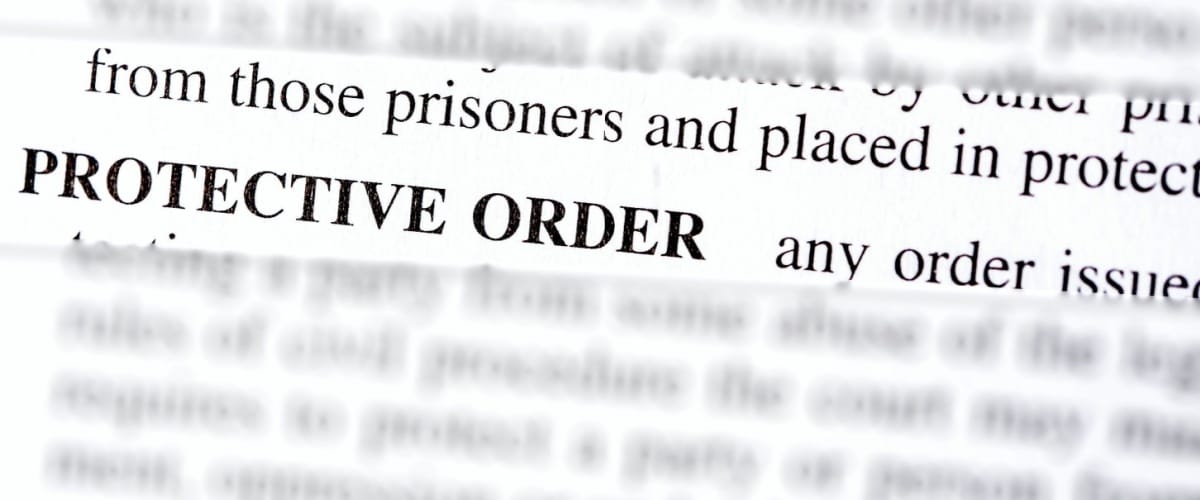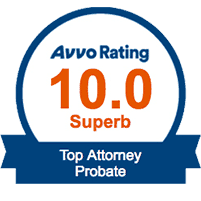Elgin, IL Lawyer for Orders of Protection
In situations involving domestic violence, abuse, or harassment, your immediate safety and the safety of your children are the number one priority. An Order of Protection is a serious legal tool designed to provide immediate protection from an abuser. Conversely, being falsely accused of abuse and served with a protective order can threaten your reputation, your access to your home, and your relationship with your children. The Law Offices of Anthony R. Scifo provides swift, decisive legal action for clients in Elgin, IL, on both sides of these critical cases.
Whether you are a victim in urgent need of protection or have been wrongly served with an order, time is of the essence. Our experienced attorneys understand the sensitive nature and high stakes of these proceedings. We are prepared to act immediately to protect your rights and your well-being. If you are in a crisis situation, do not wait. Call our Elgin law firm now at (847) 628-8311 for an emergency consultation.

What is an Illinois Order of Protection?
An Order of Protection is a civil court order that places legal restrictions on an individual who has committed an act of abuse against a family or household member. The person seeking protection is the “Petitioner,” and the person against whom the order is filed is the “Respondent.”
Under the Illinois Domestic Violence Act, “abuse” is defined broadly and is not limited to physical violence. It can include:
- Harassment: Repeated, unwanted contact that causes emotional distress.
- Intimidation of a Dependent: Forcing a child or other dependent to witness abuse or engage in conduct from which they have a right to abstain.
- Interference with Personal Liberty: Restraining someone or threatening them to prevent them from moving freely.
- Physical Abuse: Any form of physical violence, including reckless conduct that creates a risk of harm.
Resources like Illinois Legal Aid Online provide valuable information for victims seeking to understand their rights. Our role is to provide the legal advocacy needed to make those rights a reality in court.
The Three Types of Protective Orders in Illinois
The legal process for obtaining a long-term protective order involves several stages, each with a different type of order.
- Emergency Order of Protection (EOP): If a judge finds an immediate danger of abuse, they can grant an EOP on an ex parte basis (meaning the Respondent is not present). This emergency order provides immediate protection and is typically valid for 14 to 21 days, until a full court hearing can be scheduled.
- Interim Order of Protection: After the Respondent has been served with the EOP but before the full hearing occurs, a judge can issue an Interim Order. This is used to keep protections in place if the hearing needs to be continued and can last for up to 30 days.
- Plenary Order of Protection: This is the final order, granted only after a full hearing where both the Petitioner and Respondent have the opportunity to present evidence, call witnesses, and cross-examine each other. A Plenary Order can remain in effect for up to two years.
The Impact of Protective Orders on Divorce & Custody Cases
An Order of Protection has profound and immediate consequences for any ongoing family law case, particularly a divorce. The findings from a protective order hearing can significantly influence a judge’s decisions on other critical matters.
- Child Custody: A primary remedy in an Order of Protection is granting the Petitioner temporary sole legal and physical custody of any minor children. The order can severely restrict the Respondent’s parenting time, potentially limiting them to supervised visits only.
- Possession of the Home: The order can grant the Petitioner “exclusive possession” of a shared residence, legally requiring the Respondent to move out immediately, which can set a precedent for future property division negotiations.
- False Allegations: Because the stakes are so high, Orders of Protection are sometimes misused as a tactic to gain leverage in a divorce. Defending against false or exaggerated claims is critical to protecting your parental rights and financial future.
Frequently Asked Questions About Orders of Protection
What should I do if someone violates an Order of Protection?
If the Respondent violates the order in any way—by contacting you, coming to your home, or having a third party contact you—call the police immediately. Violating an Order of Protection is a criminal offense, and the police can arrest the individual.
I was just served with an Emergency Order of Protection. What do I do?
First, read the order carefully and comply with all of its terms. Do NOT contact the Petitioner for any reason. Second, contact an experienced attorney immediately. You have a very short time to prepare for the plenary hearing, where you will have the chance to defend yourself. Your parental rights and access to your home are at stake.
Do I need a lawyer for an Order of Protection hearing?
While you can represent yourself, it is extremely unwise. The plenary hearing is a formal evidentiary hearing, like a mini-trial. An experienced attorney knows how to follow the rules of evidence, cross-examine witnesses, and present a compelling legal argument to the judge. Whether you are the Petitioner or the Respondent, legal representation drastically increases your chances of a successful outcome.
Urgent Legal Action for Your Safety and Your Rights
In matters of domestic violence, there is no time to waste. The Law Offices of Anthony R. Scifo is prepared to provide the immediate, skilled, and compassionate legal representation you need to navigate this crisis.
For immediate help, call our Elgin office at (847) 628-8311. We are here to protect you.



